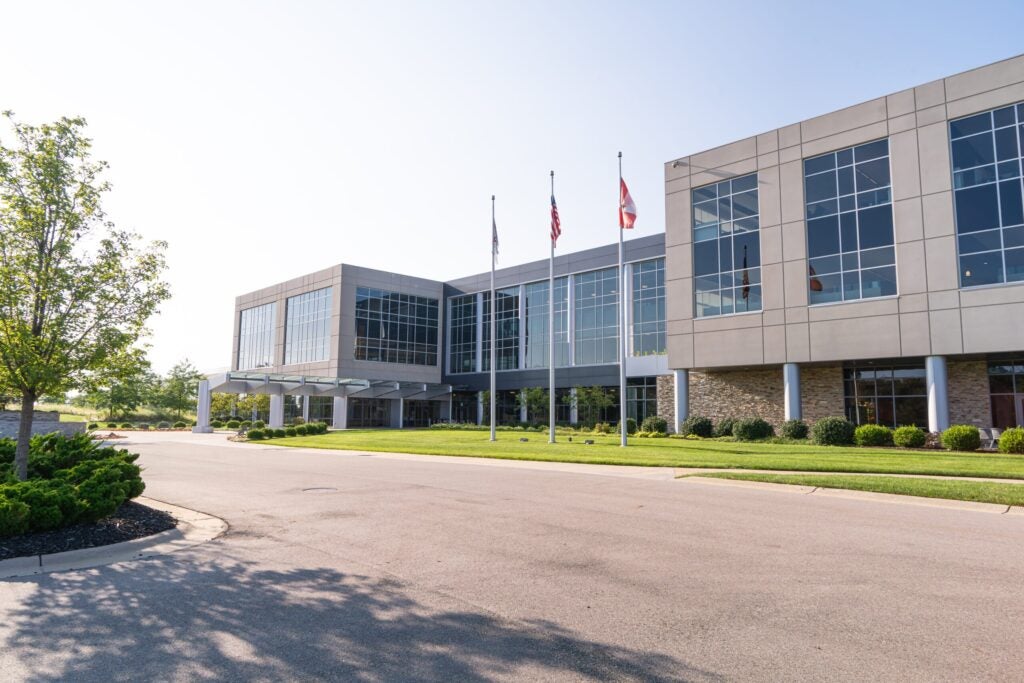Learning ways to work with all generations is the key to improving staff effectiveness.
Restaurant turnover is a never-ending challenge, and each new hire changes the workplace dynamic. People of different generations and life experiences are constantly coming on board—a teen working a first job, a parent picking up extra income, or a senior staying active in retirement.
Recognizing generational differences not only helps a restaurant manager find people who best fit each job; it also simplifies communication, training and motivation. In the long term, managing with generational differences in mind leads to satisfied workers and helps retain staff.
With baby boomers (born 1946-65) working later in life and the Gen Z (1993 and after) cohort entering the labour pool, it’s common for restaurant staffs to be a multigenerational melting pot. Gen Z, millennials (1977-92), Gen X (1966-76), and boomers all bring unique skills, experiences, and needs. Helping them blend smoothly is key to a smooth-running operation
Set aside the stereotypes
Every generation has a reputation: Gen Z is not committed, millennials are selfish, Gen Xers are slackers and boomers are conservative. Some people may fit their generational profile, but ascribed traits are often oversimplified or just plain wrong.
“Every generation has people who lack commitment, act selfish, slack off, or have traditional values,” says Dan Longton, President and CEO of TraitSet, a workforce-management service provider. “Employers need to conduct assessments and develop training to make sure everyone fits the operation’s needs and, ultimately, the guests’ needs.”
Avoid stereotypes, Longton suggests, by addressing the differences and values of each generation. Their needs, he says, are largely based on life experiences.
Boomers. Achievement-oriented, they grew up when hard work meant raises, bonuses or promotion. They thrive on face-to-face communication.
Gen X. These original latchkey kids spent a lot of time fending for themselves, so they value work-life balance. They work well when given direction.
Millennials. They need regular reassurance that they’re valued. In terms of feedback, they need constructive criticism.
Gen Z. Technology-immersed and always connected, they like instant feedback, so find a way to include it in their work life.
“Being the boss who ‘gets it’ is very important,” Longton explains. “Accepting and understanding generational differences allows you to stay ahead.”
Sorting through all the players
Start with hiring the right people. To avoid stereotypes, Longton suggests a job search using purely objective data. Online job-search sites such as indeed.ca allow employers to evaluate job candidates across generational lines by asking questions that measure work ethic and integrity.
“Once you’re satisfied that you’ve found candidates who will show up for work and be honest, a face-to-face interview about their job skills, strengths, and weaknesses will provide someone who meets your needs.”
In time, Longton notes, restaurants won’t easily find workers from each generation. By 2020, 80% of the workforce will be post-boomer. Of this group, about 20% will be Gen Z according to research reported by the Ottawa-based staffing consultancy, Robert Half.
Motivation that matters
Whatever the generational makeup of your staff, training and motivating help everyone perform well together.
Make sure that everyone is aware of the house rules and be sure to conduct refresher courses every six months. Have shift managers ensure that rules are followed and jobs get done. A significant aim of the training should be to make sure everyone does what it takes to make the dining experience pleasant.
In addition to training, a key to success is multigenerational staff interaction. Mix younger and older workers on the same shifts so that the younger workers can learn from the older workers. One side benefit: Older workers often have more energy when they’re paired with younger workers. Continue to facilitate multigenerational understanding by promoting staff interactions, such as fun days, picnics and holiday parties outside of work.
Keeping them engaged
Building a good story and having traditions can foster generational harmony and cultivate customer loyalty, says Gordon Food Service Customer Effectiveness Manager Ken Wasco. A particular tradition may be the reason diners choose a restaurant. It’s also possible for traditions to grow outdated and hurt business. Calling on the entire staff to create new traditions can be a solution.
When workers understand generational differences, they work better together, Wasco maintains. All employees are of value to the operation; otherwise, they wouldn’t have been hired in the first place. You don’t want to lose any of them to turnover because replacing workers is very expensive and time-consuming.
“Remember, all foodservice jobs are real jobs—potential career positions,” Wasco says. “Each employee’s degree of success is a direct result of the people skills managers help them develop.”
Managing each generation requires getting to know each generation, he concludes. And that is an investment in their future and a restaurant’s success.










